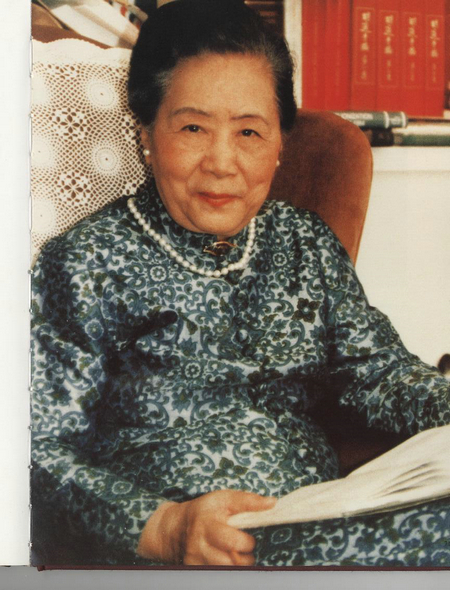A woman who changed our world
By Yang Yang | CHINA DAILY | Updated: 2022-07-05 08:18

However, Wu's ingeniously designed experiment showed that it was not the case. She observed in the decaying of the radioactive cobalt-60 that in weak interactions, parity was not conserved, which "radically changed our view of the universe", said Brian Greene, a professor of physics and mathematics at Columbia University, in a previous interview with CNN.
The next year, Lee and Yang won the Nobel Prize in physics for the theory.
"Why did Wu Chien-shiung have the courage to conduct an experiment that everyone regarded as hopeless? Was she hoping she might be lucky to discover that the left and the right (of the universe) were not symmetric? I don't think so! This was not her personhood or how she worked. Rather she thought whether cobalt-60 was symmetric was a foundational question, which was absolutely worth studying regardless of consequences! This was why she excelled," wrote Yang.
Despite her widely known achievements, she was not treated fairly due to gender inequality. She started working at Columbia University in 1944 but did not get the position of assistant professor until 1952. She was promoted to professor in 1958.
As a victim of gender inequality, in 1964, she asked her audience at a symposium at Massachusetts Institute of Technology "whether the tiny atoms and nuclei, or the mathematical symbols, or the DNA molecules have any preference for either masculine or feminine treatment".
On the International Day of Women and Girls in Science in 2021, the US Postal Service issued the Chien-shiung Wu "commemorative forever" stamp to honor her as "one of the most influential nuclear physicists of the 20th century".
























